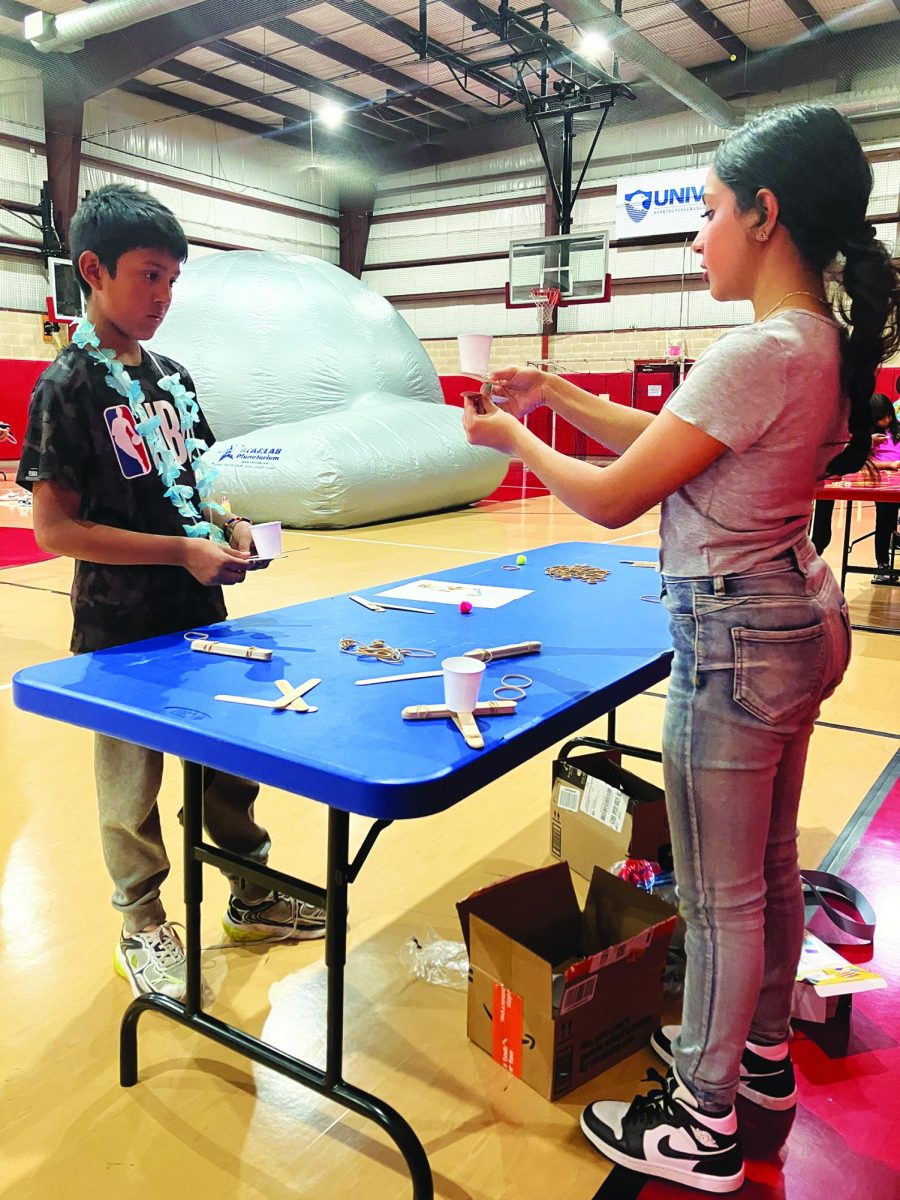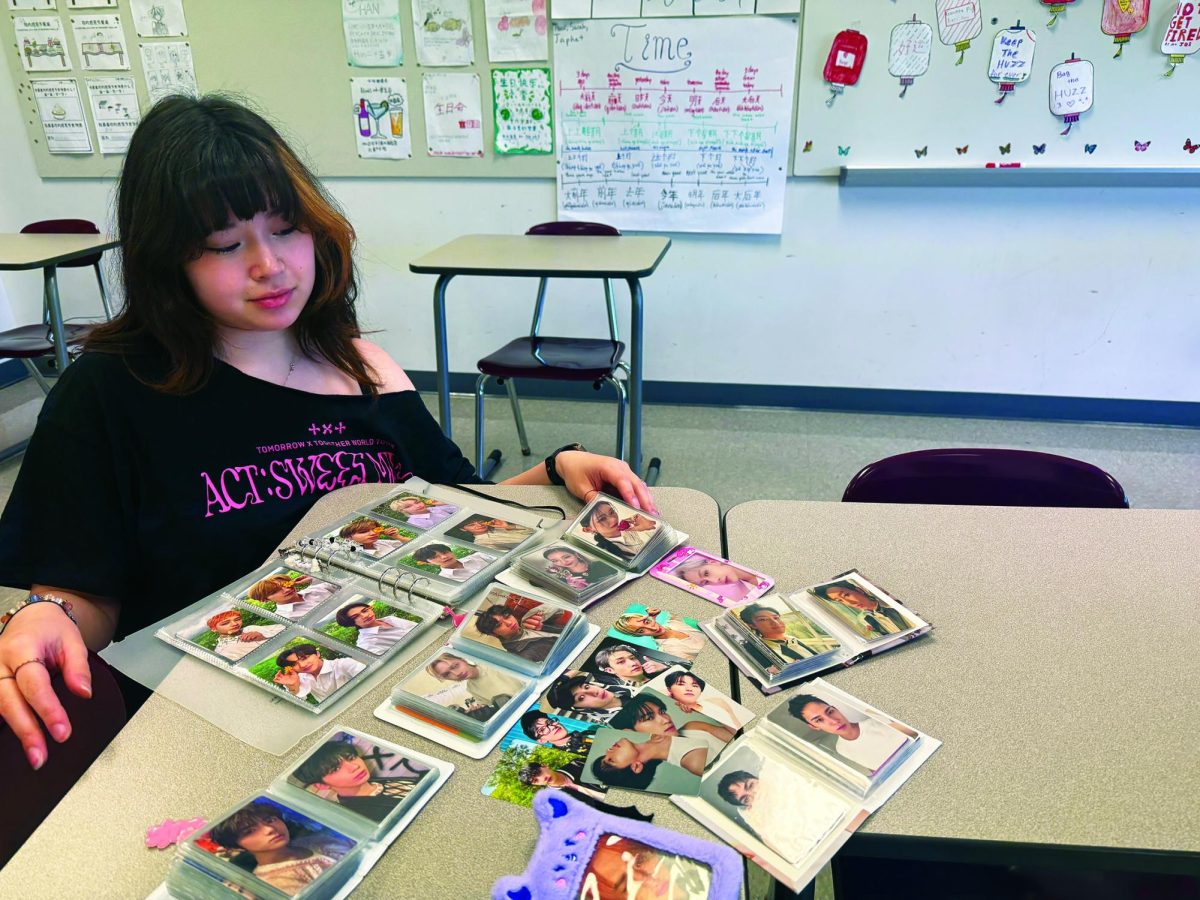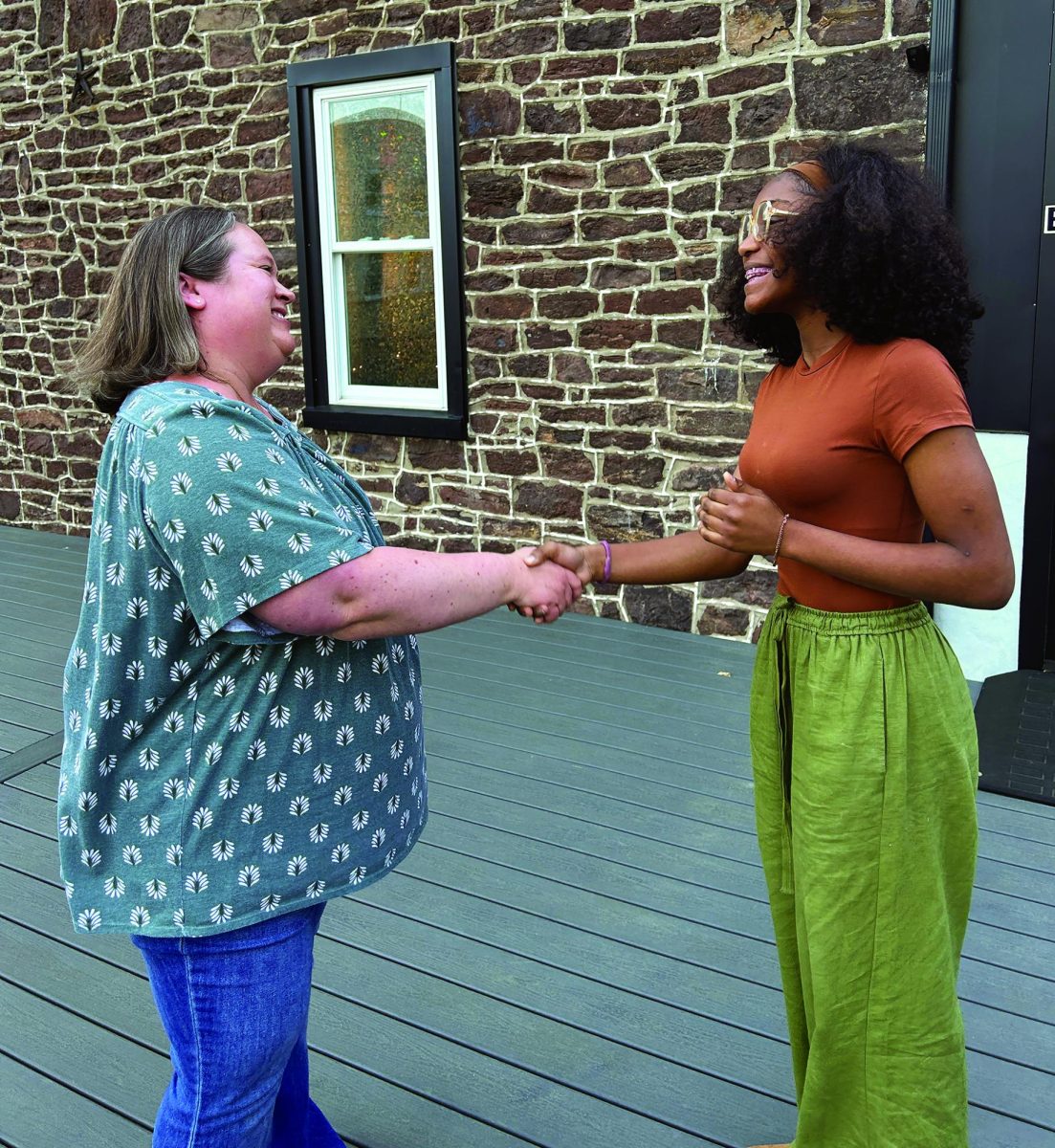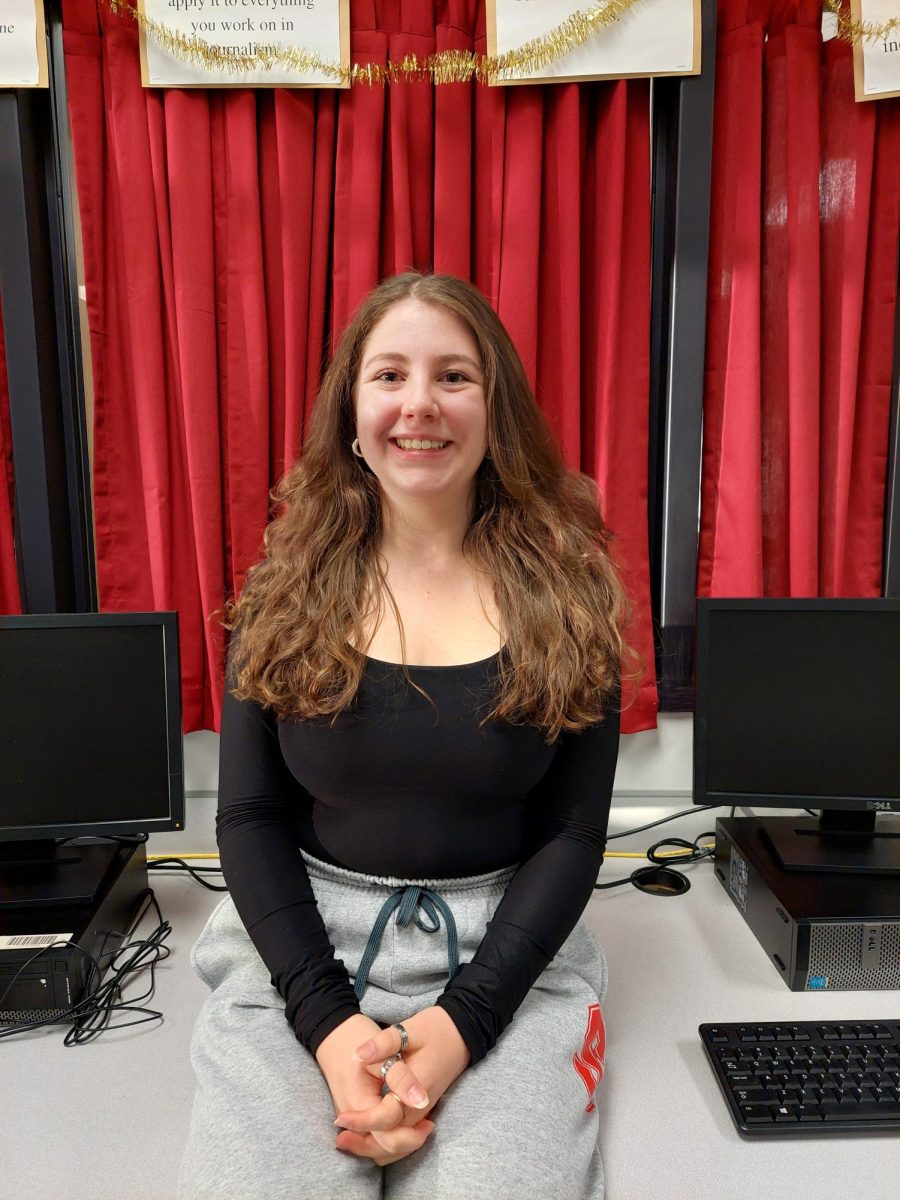To help take away the fear presented with using an auto-injector EpiPen, the Food and Drug Association (FDA) approved a needleless alternative nasal spray used to treat anaphylaxis on August 9.
According to the Centers For Disease Control And Prevention (CDC), food allergies are a growing food safety and public health concern, affecting an estimated 8% of children in the United States.
Cancer Center administrator Kara Febus said that Neffy is a “game changer” for both children and parents who are “needle shy.”
“There is a huge fear around needles. There’s a huge fear of giving them [and] receiving them,” Febus said. “If you think about a situation where a mom has to give a child something for an allergic reaction, of course they are going to do it because it is going to save their child’s life, but the anxiety that produces in a parent is super high.”
Registered NICU nurse Casey Febus shares a similar outlook.
“[Neffy is] super beneficial, especially [for] parents and young children who carry their own EpiPens who are afraid to give themselves [it] because it’s notoriously a huge needle. And I think a lot of parents hesitate to do that to their child,” Casey said.
According to pediatric nurse practitioner Victoria Fellenz, EpiPens are the first line of defense when it comes to treating a patient who is going into anaphylactic shock, however in younger children they are more scared of the needle in the auto-injector than the situation itself.
“There is a high percentage of children that are afraid of needles and most of them are not very fond of getting their EpiPen via an injection, although I think most of them, at least the older ones, understand that it is a life-saving measure,” Fellenz said.
Fellenz says that Neffy will greatly reduce the risk of a parent accidentally injecting themselves with the epinephrine because it will be less “anxiety producing” to administer their child a nasal spray as opposed to injecting them with a needle.
“I have had more parents than I do like to admit that have stabbed themselves with the EpiPen getting ready to administer it to their children,” Fellenz said.
According to Casey, not only will the needleless EpiPen take away the underlying fear of the needle, but it will be an easier process to administer the epinephrine altogether, including when given to patients in the NICU.
“We have EpiPens that we can use [in the NICU], but that’s not usually what we reach for, given that our babies are so small,” Casey said.
Casey said that in several units at CHOP, nurses use a device called an atomizer, which attaches to the end of liquid medications, allowing for it to be administered as a mist. This is similar to how Neffy is works: as a mist.
“It is this little attachment that you put on the end of your liquid medications to be able to give certain medications as a mist if a patient can’t take it by mouth,” Casey said. “I do not see why we could not give other things through the nose.”
Febus believes that a nasal spray is just an overall “better option” for so many people with food allergies because not only does it provide the same outcome as an auto-injector, it is more cost-effective.
“Neffy, even without insurance, is $199 for a two-pack, but for most people, it would be $25 if you have regular commercial insurance,” Febus said.
For Febus, Neffy will provide people with relief from the stressors presented with having a food allergy.
“People should not have to worry about it, especially when it dictates every part of someone’s life,” Febus said.
FDA approves needleless EpiPen as alternative solution
With the ability to be used as a nasal spray, the FDA has approved Neffy, a needleless alternative to the auto-injector EpiPen, providing a needle-free treatment for anaphylaxis. Neffy will be used to treat severe allergic reactions in both adult and pediatric patients.
0
More to Discover
About the Contributor
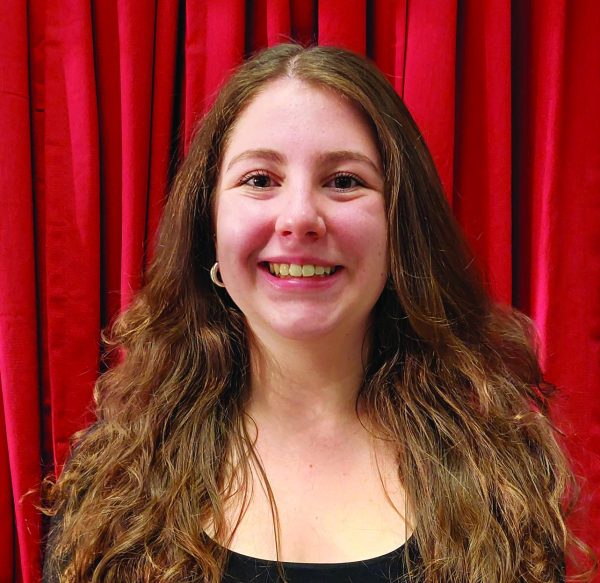
Julia Sipes, Features Editor

